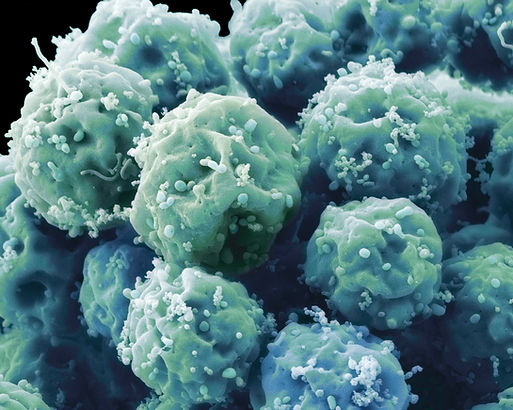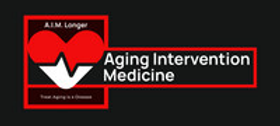A.I.M.'s Treatment Focus
Reparation of Cells
Just as our bodies have the ability to kill pathogens invading our bodies and cells that
become cancerous, our bodies possess the inherent ability to repair damage incurred
at the cellular level. When we fast for several days the lack of nutrients trigger a gene
called mTor to down regulate, or shut off. This gene in this state triggers the body to
go into a catabolic mode and triggers autophagy.
mTor, which stands for the mammalian target of rapamycin, is responsible for telling
our cells what to do in correlation with the level of nutrients in the blood, mTor can
dictate whether our cells, grow, remain static, die or repair themselves. When an
adverse situation such as starvation comes about, mTor responds by down regulating ,
thereby triggering mTor to communicate to other cells its time to go into repair mode.
Lack of nutrients is not the only trigger for atophogy, stress can also trigger the same
response.
Autophagy, without doubt, is an evolutionary trait arising from natural selection and appears to be designed to make the organism stronger as a response, or adaptiation, to environmental stress or periods of famine. This trait manifests itself in many organisms that survive in harsh conditions. It is long evident that organisms that live in sea were adverse conditions not only tend to live longer, they live with a remarkable abilities to stay healthy and ward off cancer and other age related disease.
At AIM we utilize a combination of FDA approved drugs combined with other supplements in order to facilitate autophagy and control certain side effects. This treatment has been shown to restore function in several types of cells translating to improved metrics in several health indices. In addition, it has also been shown to ward off cancer at every stage by preventing or impeding angiogenisis, as well as inducing apoptosis (the process of inducing cellular death of cancer cells).
Participation in treatment is not a guarantee a patient will experience some or all of the benefits outlined above. While the drug has an extensive clinical history and is FDA approved for other treatment, it has not been specifically approved for treatmenit of aging. This off-label treatment targeting aging and age related disease is in the early stages of clinical studies on human beings.
It is doubtful that any double blind, placebo clinical trials will be performed in the near future due to the fact that Rapamycin is out of patent. and currently available in generic form. There is little profit to be made so major investments in Rapamycin is not likely.


